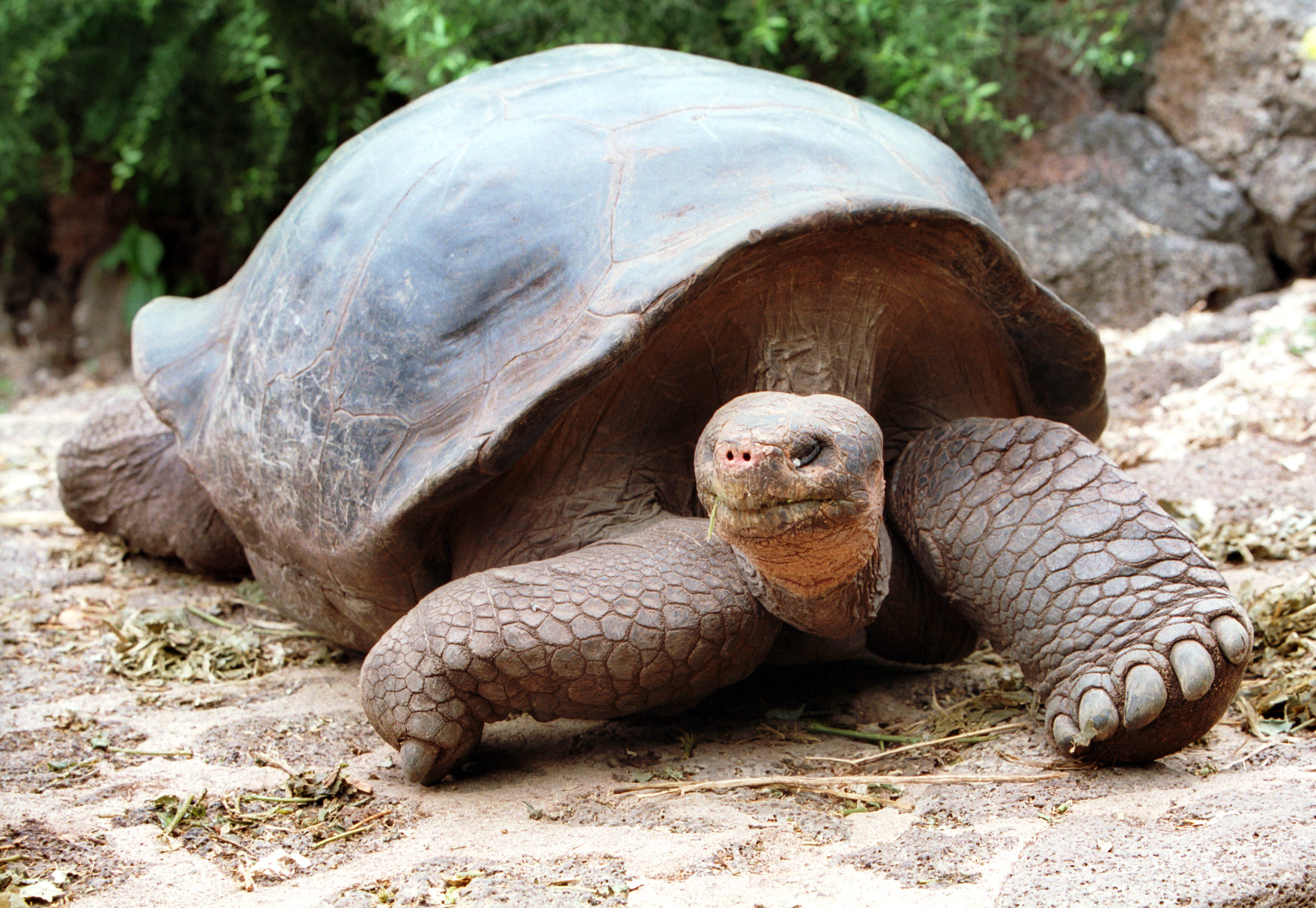Environment Extraordinary biodiversity
An approximately 100 year old Galapagos giant tortoise, Charles-Darwin research station on the island of Santa Cruz, Galapagos Islands, Ecuador
This has not only made a major contribution towards global climate change mitigation and biodiversity protection. It has also helped to preserve habitats for local – often Indigenous – communities.
Compared with other countries, an exceptionally large part of Ecuador is given over to nature reserves. Almost a quarter of the country’s land area and nearly 20 per cent of its marine area are officially designated as protected areas. However, the authorities are often not yet sufficiently able to enforce environmental laws or effectively monitor the protected areas.
According to data collected on the Global Forest Watch data platform (External link) of the World Resources Institute (WRI), despite political efforts around one million hectares of tree cover have been lost since the start of the millennium, about one quarter of which was previously untouched rainforest. The diverse natural areas are especially under threat from expanding agricultural activities, oil extraction and mining.
Ecuador is one of the few countries with a constitution that defines nature as a legal subject with its own rights. There are also comprehensive national programmes – progressive by regional standards – such as the Socio Bosque programme, which provides for incentive payments to the local population in return for preserving forested areas.
As at: 18/08/2025
